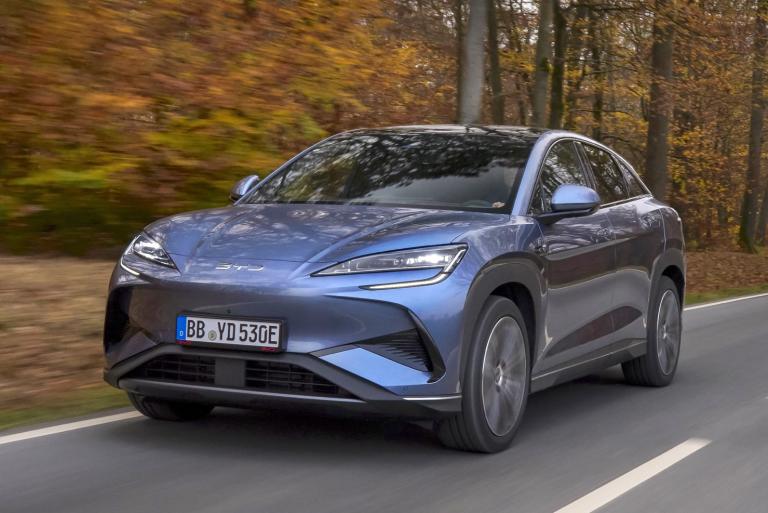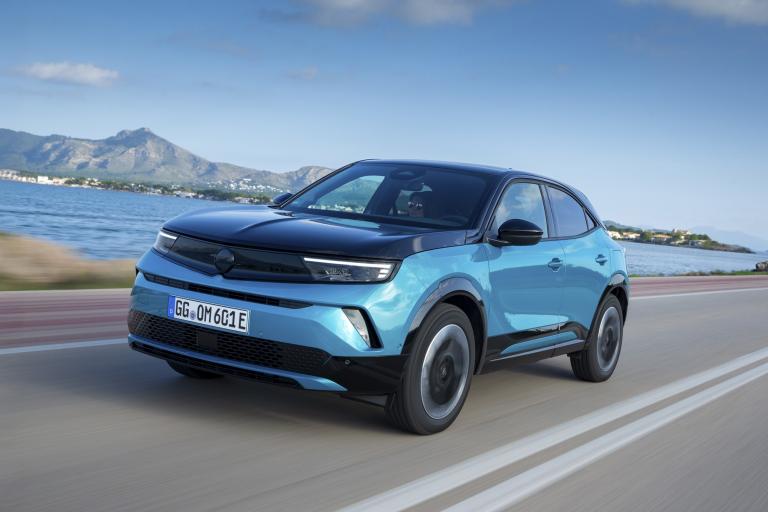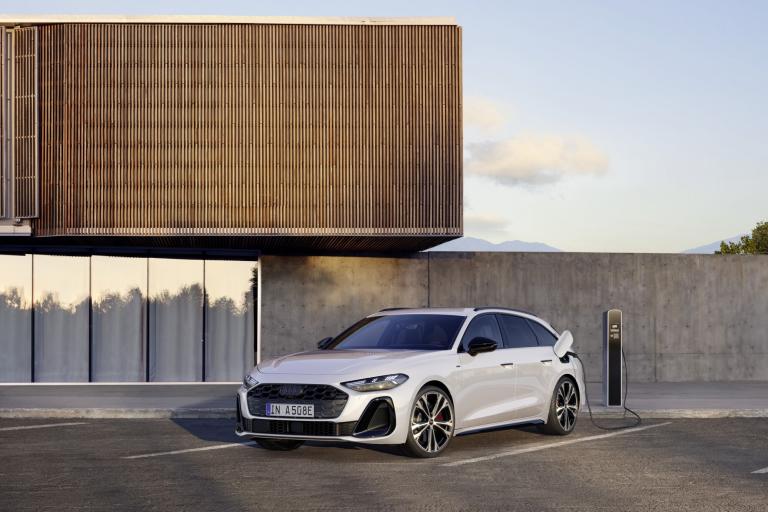Parts of Your Future Car Could be Made from Olive Trees
Published on 12 January, 2024
Ford exploring interesting avenues for eco-friendly car parts
Overview
Olive tree waste, including branches, twigs, and leaves discarded during harvest, has become a focus for Ford in the quest for sustainable auto parts. This exploration is part of the COMPOlive project, aiming to bring about environmental change in olive production by replacing plastic with biocomposites and supporting the circular economy.
Utilizing olive tree waste for auto parts could cut down on plastic usage while contributing to cleaner local air by avoiding waste burning. Engineers successfully crafted prototype footrests and sections of the car boot using this material, demonstrating its robustness and durability. Ford is now assessing the feasibility of mass production, potentially influencing the development of the next generation of electric vehicles.
Inga Wehmeyer, the project lead at Ford, highlighted the company's commitment to sustainability and the innovative use of olive tree waste to substitute a significant portion of petroleum-based raw material in interior parts, creating a distinctive appearance visible to customers.
Waste materials for the trial were sourced from olive groves in Andalusia, Spain, the world's top olive oil production region. Ford's engineers in Cologne, Germany, employed simulation technology to test the usability of olive trees, leading to the successful manufacture of prototypes. The resulting material, composed of 40% fibers and 60% recycled polypropylene plastic, underwent heating and injection molding to achieve the desired part shape.
Thomas Baranowski, an injection molding expert, highlighted the challenges in finding the right mix but emphasized the success in creating a material without compromising strength, durability, or flexibility.
Ford, in conjunction with its global partners, is actively advancing its efforts to attain environmental sustainability objectives. The "Road to Better" initiative symbolizes Ford's commitment to fostering a transportation future characterized by increased sustainability, inclusivity, and equity, thereby providing individuals with the freedom to travel and pursue their aspirations.
Latest Reviews

BYD expand their line up with new Sealion 7 Electric SUV

Opel presents new Mokka

Audi Introduces New "e-hybrid" Branding with A5 Plug-In Hybrid Launch